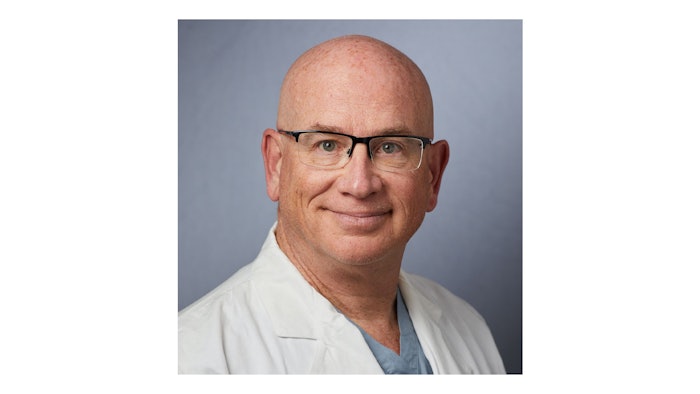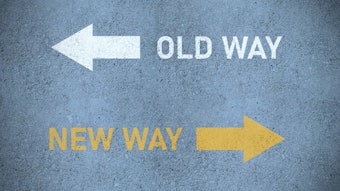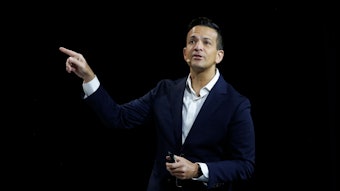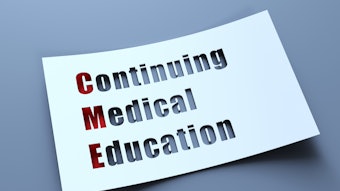Shockwave therapy for ED: yea or nay?
The debate continues over this treatment option and its efficacy.
Get ready for one of the hottest topics of the day: a debate on shockwave therapy for erectile dysfunction. Clinical data published to date are evolving, and practice guidelines are in flux. Although the use of shockwave therapy is growing, with multiple devices widely available, there have been no clear guidelines for its practice.
“There has been an evolution of practice from skepticism to some level of acceptance of the role of shockwave therapy in specific populations of patients with erectile dysfunction,” said Stanton Honig, MD, professor of urology and chief of reproductive and sexual medicine at the Yale University School of Medicine in New Haven, Connecticut.
Dr. Honig will moderate today’s Crossfire session, “Controversies in Urology: Shockwave Therapy Should Be Offered as a Treatment for Erectile Dysfunction,” 2:35-3 p.m. during the afternoon Plenary in the Venetian Ballroom. Panelists include Tom Lue, MD, professor of urology, University of California, San Francisco; Tobias Kohler, MD, MPH, FACS, professor of urology, Mayo Clinic; Alexander Pastuszak, MD, PhD, associate professor of surgery, University of Utah; and Thomas Walsh, MD, MS, professor of urology, University of Washington.
Shockwave therapy is clearly appealing, Dr. Honig said. Shockwave therapy appears to be safe with few complications or side effects.
At the same time, some shockwave devices are ineffective. Focused shockwaves are high amplitude with good depth of penetration. Radial shockwaves have lower depth of penetration and provide questionable efficacy.
Caveat emptor, Dr. Honig cautioned, buyer beware.
As more patients ask about shockwave therapy and more urologists adopt it, there are no specific standards of use. The number of shocks per treatment varies widely, as do the power levels used and the number of treatments required for success.
Successful treatment may require repeat applications, typically a few years later, and treatment appears to be less effective for more severe ED. Evidence to date suggests shockwave treatment is not appropriate for younger men with no risk factors who are more likely dealing with ED related to situational anxiety.
ED guidelines are evolving. Dr. Honig noted that current AUA guidelines, published in 2018, consider shockwave therapy investigational.
A 2021 position paper from the Sexual Medicine Society of North America noted that while the data to date suggest that shockwave therapy is relatively safe, robust clinical trials are lacking. The society is currently updating its guidelines with publication expected later this year.
The most recent guidelines, published by the European Association of Urology in 2024, noted that data suggest shockwave therapy could ameliorate ED, reducing the need for invasive treatments.
“As the data evolves, this controversial debate will leave attendees with major food for thought as to whether to incorporate this therapy into the clinical practice,” Dr. Honig said. “The debaters will give us important data, both pro and con, on this important treatment option for erectile dysfunction.”












